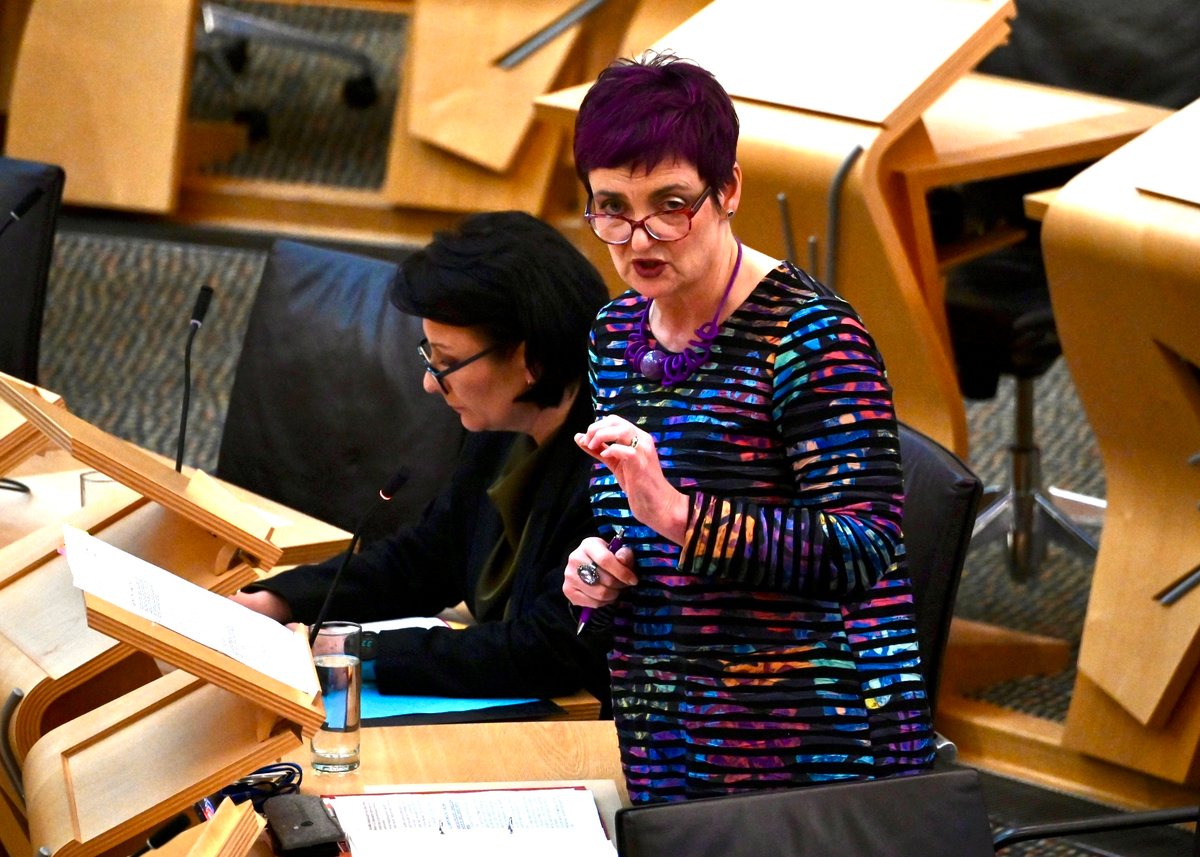Victims will give verdict on whether SNP plans to abolish not proven and transform justice system was worth it
By David Bol
Copyright scotsman

Abolishing Scotland’s not proven verdict is not for the faint-hearted – but the Scottish Parliament is stepping into the void over whether the historic step will restore justice for victims of serious crime. Despite well-documented concerns from the legal profession claiming the move provides a more heightened risk of miscarriages of justice, all Holyrood parties are in agreement that the not proven verdict has had its time. It is important not to under-estimate the significance of scrapping the third verdict. The landmark legislation is one of the biggest overhauls of Scotland’s unique legal system in history, arguably the biggest fundamental change in more than 200 years, eclipsing the SNP’s reforms in 2014 – then seen as a radical move. The not proven verdict itself dates back more than 400 years but has now been dispatched to the history books. Widespread concerns have been raised for decades that Scotland’s three verdicts system, now to be consigned to the past, handed jurors two of three choices to acquit an accused – leading to a potentially overwhelmingly-confusing situation in defining the difference and letting down victims. READ MORE: MSPs abolish not proven verdict in historic overhaul of Scotland’s criminal justice system Despite the now-successful campaign launched by Rape Crisis Scotland and rape survivor, Miss M, in 2018, criticism of the not proven verdict is not a new concept. In 1827, Sir Walter Scott famously branded not proven “that bastard verdict”. Various unsuccessful attempts have been made to scrap not proven for more than 50 years – including a Holyrood members Bill in 2016 by Labour MSP Michael McMahon. Nine years ago, not proven was forecast to be on “borrowed time” by then justice committee convener, Christine Grahame. Today, she voted for the Bill but spoke of her deep concerns about scrapping not proven and other measures in the legislation. The Scottish Government refused to back the 2016 Bill at the first hurdle because it contained plans to change jury majorities to two thirds. Current SNP Justice Secretary Angela Constance, along with John Swinney and Nicola Sturgeon voted down that legislation. How the SNP government has reversed its position. The Scottish Government has attempted to alleviate some of the fears around miscarriage of justice by actively doing what ministers opposed nine years ago – by requiring two thirds of a jury to agree a guilty verdict for a conviction, stricter than the current simple majority needed. READ MORE: What is in SNP’s Victims, Witnesses and Justice Reforms Bill? ‘Not proven’ verdict, sexual offences court But this compromise, alongside scrapping the not proven verdict, has raised separate concerns that Scotland’s already-terrible conviction rate for rape, the worst of any crime type across the country, could get even worse. Legal professionals point to every other two-verdict legal system requiring a unanimous jury system to convict. Scotland’s criminal justice system remains unique. It is important to look at the Victims, Witnesses and Justice Reform Bill as a package, rather than the not proven verdict and changes to jury majorities in silo – if we are to grasp the true impact the changes could have on victims of crime. READ MORE: ‘Rapists are walking free’: SNP told to investigate rape myths infiltrating jury deliberations Despite concerns from opposition MSPs that the Scottish Government will bungle the delivery of a specialist sexual offences court, if a success, it will transform the experience of vulnerable survivors and witnesses who have already been through vast trauma. Ms Constance has insisted her legislation will put “victims and witnesses at the heart of a modern and fair justice system”. Her government will now be judged on whether victims genuinely do receive better outcomes, including not having to wait so desperately long for justice. Surely the impact on victims is the most important verdict of all.



